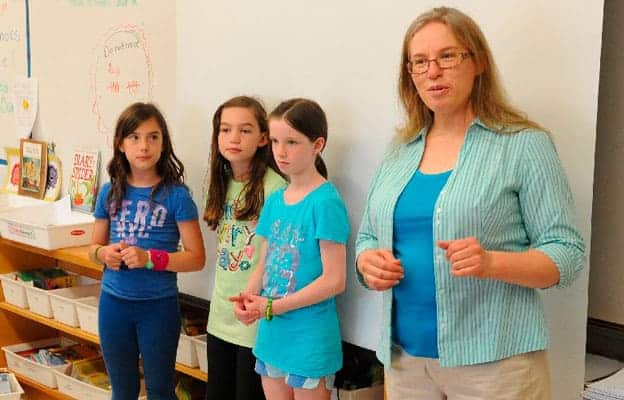As the Canadian government phased out the penny, many of those orphaned coins found their way to another country entirely. In a campaign that lasted close to three months, the Mennonite Central Committee’s Pennies for Haiti drive accumulated enough spare change to raise $6,693.46 – or, enough money to plant 20,000 trees in a country in dire need of reforestation.
“We live in a part of the world that’s blessed with lots of trees, and people understand how important, how vital they are,” said Dan Driedger, resource development director at Mennonite Central Committee. “I think it just twigged something there… sorry, bad pun…” he laughed. “It got people’s attention.”
The MCC has been involved with charity in Haiti since the 1940s, but even in the troubled country, deforestation has been a noticeable problem: currently, the country is down to an estimated five per cent of its original tree density.
The MCC’s reforestation program launched in 1985, but the renewed push was launched to coincide with the third anniversary of the devastating 2010 earthquake. From January to the beginning of March, huge jars of copper dotted the MCC’s Gift and Thrift stores throughout the region (including the Elmira location at 59 Church St. W.).
Driedger said the organization was pleased with the community response. “We weren’t sure what to expect, but this dramatically exceeded our expectations. We were thrilled, not only in the dollars that came in, but also in the variety of places that money came from.”
He continued, “We know that people will drop off change at our thrift shops and Mennonite Savings and Credit Unions … but we also had small groups of people who weren’t all that familiar necessarily with MCC just deciding that this was something they wanted to put funds towards.”
Instead of working through a middleman, the MCC has staff in Haiti implementing the program directly. The cost of a seedling, and the cost of training volunteers, is calculated to be 33 cents per tree. One appeal of the cause, Driedger believes, is the attainability of the goal.
“Everyone understands that it’s a big problem, but it’s a problem that can be solved one tree at a time,” he said. “The relationship between the amount of money – the fact we were asking for change, and it’s a problem that change can address – that really got people’s attention.”
In addition to basic reforestation, 10-15 per cent of new plantings will be fruit trees. The MCC also has a program in which local people can bring collect and sell seeds to the organization, thus generating a new income stream.
“When people are buying a tree, they’re buying a whole lot more,” said Driedger. “I’ll use [a pun] again – it’s ‘bearing fruit’ on areas like food sustainability and education.”









